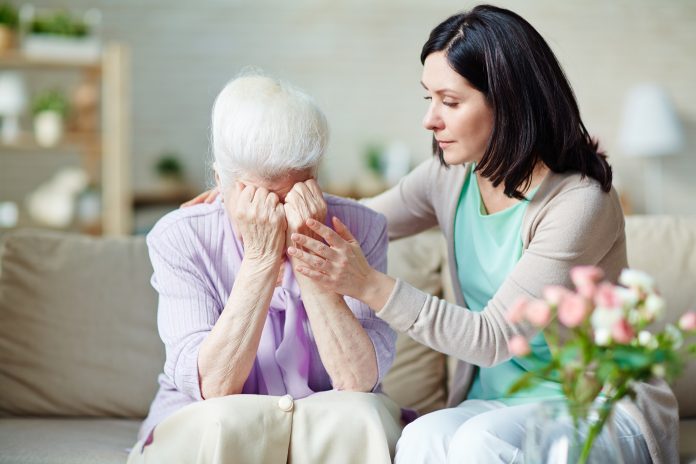It is a fairly common scenario: the daughter who was the primary care giver of her 84 year old mother was sitting together with her in my office. “I feel a lot better since that visit to the emergency room in the summer when they changed my medications. I have not had any more dizzy spells or falls.” The daughter concurred and I confirmed from the discharge summary of the finding following a fall that was found to have blood pressure levels that fell when she stood up as well as a slow heartbeat. It was believed to be the result of a combination of medications for her high blood pressure which were producing an excessive effect, leading to “postural hypotension” (an excessive fall in blood pressure when standing)
The real issue beyond the medical care
I was told that since the fall, the mother was living in her daughter’s home; the mother’s apartment had suffered water damage during a rainstorm that required repairs. It was not yet certain if she would feel secure enough to return and live on her own, even though that was what she was appeared to prefer. The mother had mild cognitive impairment; but her every day and basic functioning was normal. She was able to care for herself in most ways despite being a bit repetitive. She expressed herself quite clearly and made reasonable sense about what was happening to her.
The daughter asked quite bluntly after the assessment, “Do you think my mother should move into a retirement home rather than living with me? During the day she is alone in the house but we have checked it all for safety and she has an emergency call system which she knows how to use” I asked the patient and asked her how she felt about living in her daughter’s house. Other than musing that returning to her own home would be her preference she stated that she felt quite comfortable living with her daughter. The house was arranged in such a way that she could do everything she wanted to do and be comfortable on the modified ground floor.
Conflict between siblings
The daughter continued, “My sister who lives in Toronto and brother (who lives in New York) feel she should in a retirement home for safety reasons. On their urging our mother tried one that seemed very nice and suitable but after three days she called and begged to be taken back to my house. They are now looking at others but my mother insists on staying at my house if she cannot return to her own apartment.”
How such living decisions should be made
Making elder care living choices is not easy. I explained to mother and daughter the principles according to ethics and the law, by which such living decisions should be made. The important point was the apparent ability of the mother to participate in such decisions. I explained to the daughter and patient, “I think you and your siblings need a good discussion with someone who understands the process of personal decisions and how alternative housing arrangements should be made. Arrangements were therefore made for a family meeting with a social worker. The mother seemed very pleased that her wishes were being listened to and respected—that step and process is key to any such discussions. Being the daughter who in this case was the proverbial “It” in the middle of family discord is not easy.






















